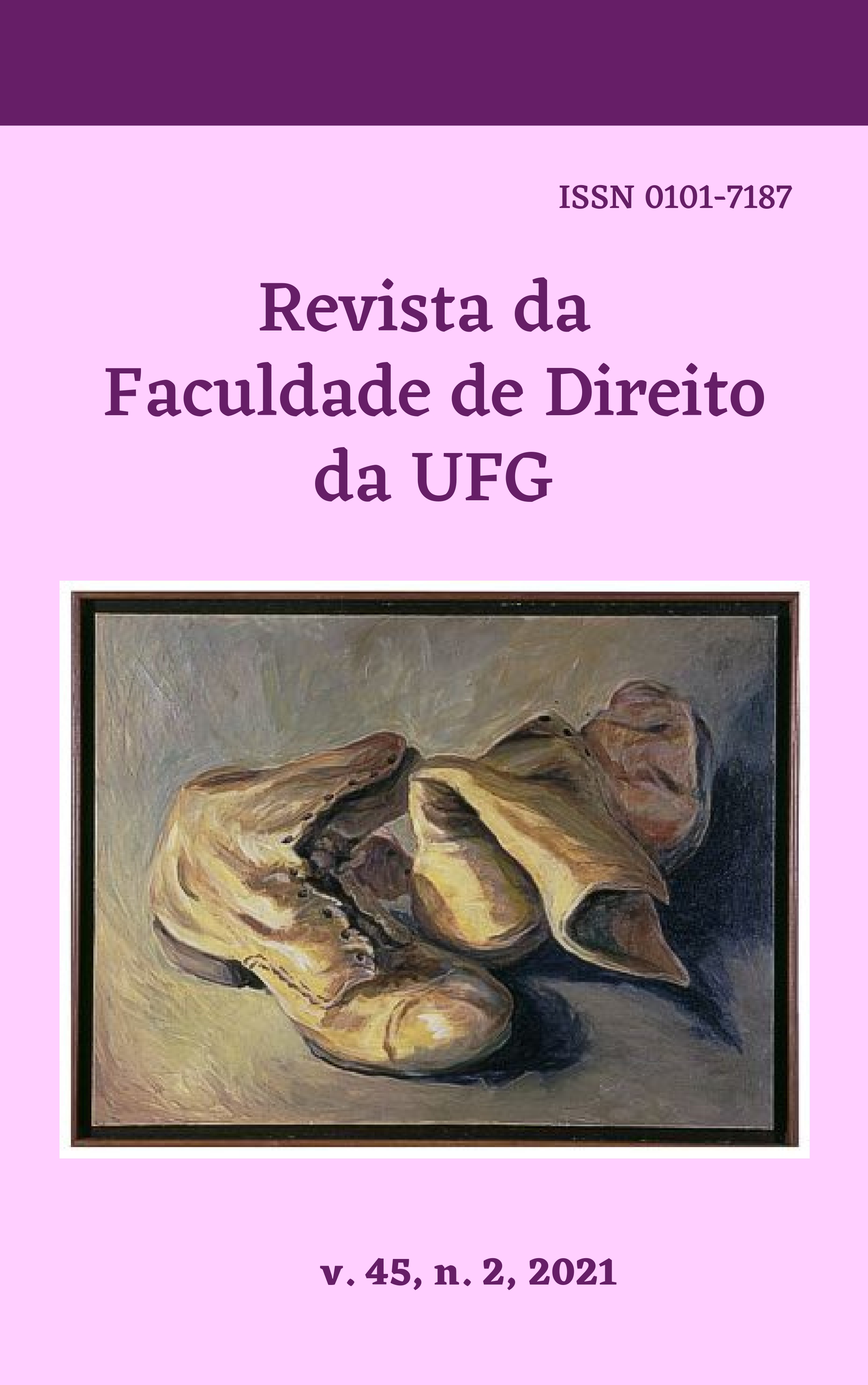TRANSITIONAL FOOD PENSION: ANALYSIS OF THE POSSIBILITY OF ADVISING A REVISIONAL ACTION
DOI:
https://doi.org/10.5216/rfd.v45i2.61502Abstract
Transitional maintenance is accepted as lawful by jurisprudence and doctrine, although there is no specific law on the possibility of granting term maintenance. This type of alimony is understood as that fixed to the ex-spouse or ex-partner, with a certain term, as mentioned. When the former spouse feeding has full conditions of insertion in the labor market or is already working, let alone if this work is sufficiently able to maintain it with the same social status that previously enjoyed or raise it to higher levels, shall be the exonerated feeder of the obligation. Transient foods are automatically extinguished, requiring no exoneratory action. In the face of such assumptions, the question arises: would it be wise to maintain alimony, even if it ends, even if in the course of that fixed period there is a change in the debtor's material condition or even the creditor's real need? Thus, in view of this research, the work was developed through the bibliographic methodology, using the deductive method, through a bibliographic review with exploratory research, aiming to substantiate the possibility of revision action in the context of the transitional alimony; understand the purpose of the revision action in the course of the existence of transitional maintenance, and similarly analyze the requirements for entry of a revision action in the course of a common and a transitional alimony.
Keywords: Family Law. Alimony. Transitional foods. Review Possibility
Downloads
Downloads
Published
How to Cite
Issue
Section
License
Os Autores que publicam nesta revista concedem à Revista da Faculdade de Direito da UFG uma licença mundial, sem royalties, sujeita aos termos e condições da Licença Jurídica Creative Commons Atribuição 3.0 Brasil Creative Commons Attribution License
Os autores concedem à RFD UFG todos os direitos autorais sobre os artigos nela publicados, que os mantêm com exclusividade até o advento de domínio público sobre os mesmos.
























